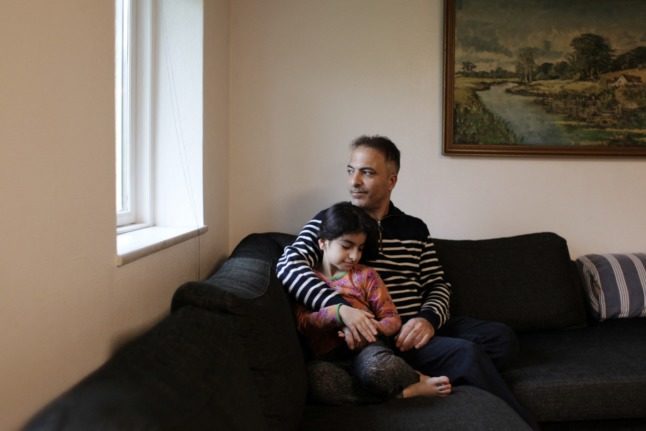In a bid to highlight the devastation of the war in Syria two Canadian journalists have spelled out exactly what would have happened if the conflict had taken place in France.
The online campaign called “If We Were Syrian” is aimed at helping people understand the scale of the destruction and loss of life by showing how the war would have affected G7 countries.
So Shannon Gormley and Drew Gough want us to imagine if 160,000 French people had died since 2011 and a further 10 million displaced.
That would mean the inhabitants of the southern cities of Cannes and Avignon would all be dead and the 37 biggest towns and cities in the country would all be deserted.
Around 6.5 million refugees would have fled to the countryside and a further 2.8 million would have fled France for neighbouring countries.
Around 4.8 million children would also be forced to leave their homes, which is the equivalent to every secondary school pupil in France.

“Since we can’t fathom the scale of the crisis, we’re not doing enough about it—not opening our borders enough, and not giving enough aid,” the journalists said on their website.
“But if we could imagine the crisis in our own country, we might support the people of Syria with greater resolve,” they added.
The journalists also proejected the death toll and impact of the war onto other G7 countries.
"If Germany were Syria, everyone in Leverkusen would be dead and Berlin, Munich, Frankfurt and Dortmund would be deserted," it says.

And if syria were the UK, everyone in the town of Reading would be dead and the capital city London would be deserted and in Italy the 12 biggest cities would be abandoned.
The campaign is calling for people in each country to write letters to their national parliament demanding that they increase the amount of aid being sent to Syria.



 Please whitelist us to continue reading.
Please whitelist us to continue reading.
Member comments